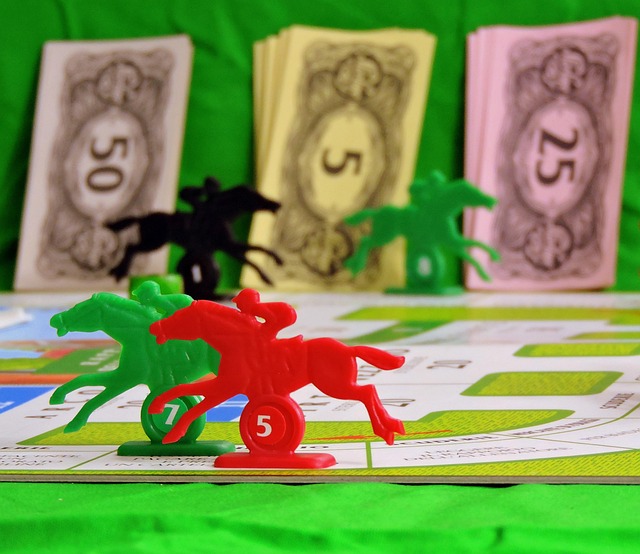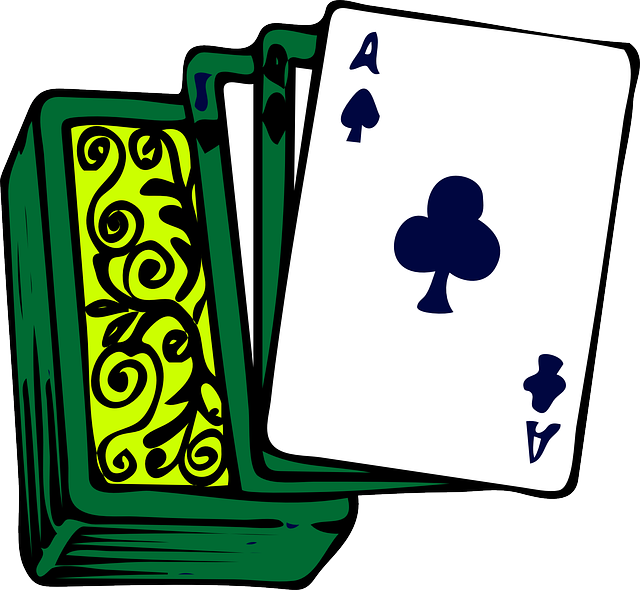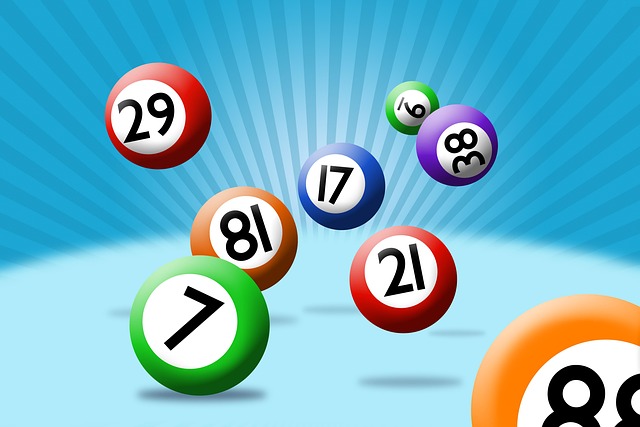Betting odds, expressed as fractions or decimals, reveal the likelihood of outcomes and profit potential. Understanding house edge, the statistical advantage held by casinos, is vital for long-term winning probabilities. Effective betting strategies, like Martingale or poker's 'Tight-Aggressive' vs. 'Loose-Passive', help players adapt to different games. Responsible gambling involves money management, setting budgets, understanding odds, and self-control to avoid financial strain and burnout.
Unleash your inner strategist with our comprehensive guide to betting strategies. Learn to decipher odds, mitigate risk, and maximize wins using proven techniques tailored for diverse games. From understanding the concept of house edge to mastering money management, this article equips you with essential tools for responsible gambling. Discover how to make informed decisions, optimize your betting experience, and stay ahead in the world of sports and casino games. Explore effective strategies today and elevate your betting game.
- Understanding Betting Odds and House Edge
- Common Betting Strategies for Different Games
- Effective Money Management Techniques for Responsible Gambling
Understanding Betting Odds and House Edge

Betting odds are a crucial element in understanding potential gains and risks, forming the very foundation of any successful betting strategy. They represent the probability of a specific outcome occurring and are expressed as fractions or decimals, with each format offering unique insights. Fractional odds, for instance, show the profit you’ll receive relative to your stake, while decimal odds convey the likelihood of an event happening as a decimal value. Mastering how to interpret these odds is key to implementing effective betting strategies.
House edge, closely tied to odds, refers to the statistical advantage that a casino or bookmaker holds over the bettor. It’s essentially the probability that the house will win in the long run. In most games, including popular ones like roulette and blackjack, the house edge is typically around 2-5%. Understanding this concept allows bettors to make informed decisions, choosing games with lower house edges for better chances of winning. By combining a solid grasp of betting odds with knowledge of house edge, you can develop a robust framework for your betting strategies.
Common Betting Strategies for Different Games

In the realm of gambling, betting strategies are like a crucible where players refine their approach to outsmart the odds. For instance, in games like roulette, the Martingale strategy suggests doubling your bet after each loss until you win, aiming to turn a series of losses into a significant win. This strategy, however, comes with risks as it requires deep pockets and can be emotionally taxing.
In contrast, for card games like poker, betting strategies are more nuanced. The ‘Tight-Aggressive’ approach involves playing a limited number of hands while raising or re-raising aggressively in positioned games. Conversely, the ‘Loose-Passive’ strategy sees players calling more hands and raising less frequently but with larger bet sizes when they do. These tactics cater to different playstyles and game dynamics, emphasizing the need for adaptability among seasoned bettors.
Effective Money Management Techniques for Responsible Gambling

Gambling responsibly is paramount, and effective money management techniques are a key part of any successful betting strategy. The golden rule is to only wager what you can afford to lose. This discipline prevents financial strain and ensures that gambling remains an enjoyable pastime. Setting a budget beforehand and sticking to it is a simple yet powerful approach. Many bettors choose to divide their budget into smaller units, allocating a fixed amount for each bet, which helps in controlling impulses and avoiding impulsive decisions.
Additionally, understanding odds and probabilities is essential. Knowing the value of your bets allows you to make informed choices. Some betting strategies involve adjusting stakes based on form or performance, ensuring that wins are maximized while potential losses remain manageable. Responsible gambling also includes taking breaks when needed, allowing time for reflection and preventing burnout. This self-control aspect is vital to maintaining a healthy relationship with betting and avoiding the allure of chasing losses.
In conclusion, mastering betting strategies is key to navigating the world of gambling with a responsible approach. By understanding odds, house edge, and employing effective money management techniques, you can enhance your gaming experience and increase your chances of success across various games. These strategies empower folks to make informed decisions, ensuring that their time at the tables remains both enjoyable and financially prudent.






